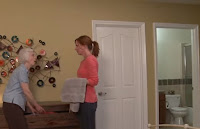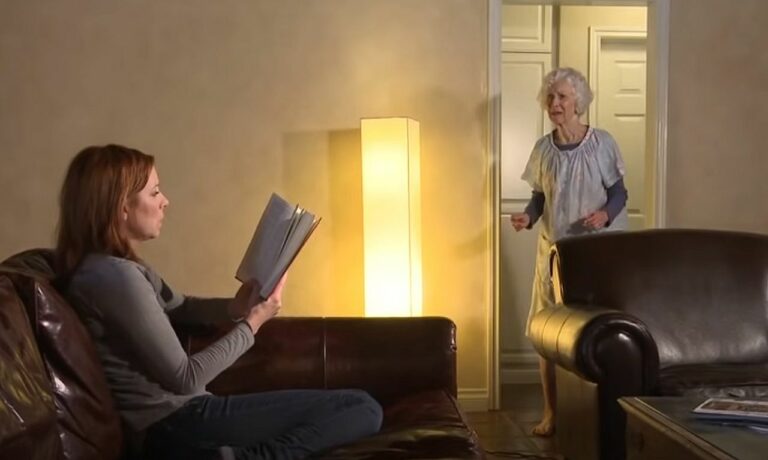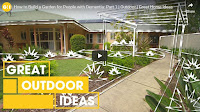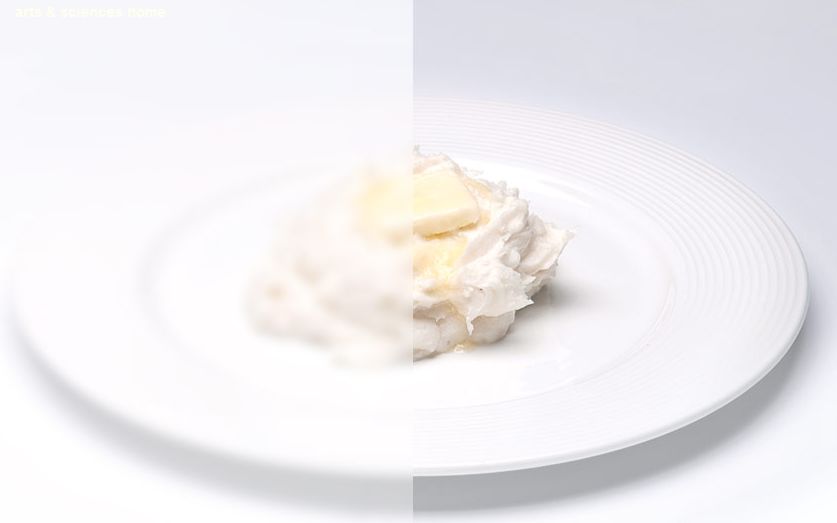
Helping a Person with Dementia to Clean Their Teeth
Tooth brushing in dementia can involve a number of tricky details. Anticipating needs is all it takes to make it easy to brush teeth. See dozens of tips to help people with dementia keep their mouth, breath and teeth clean and fresh.



















